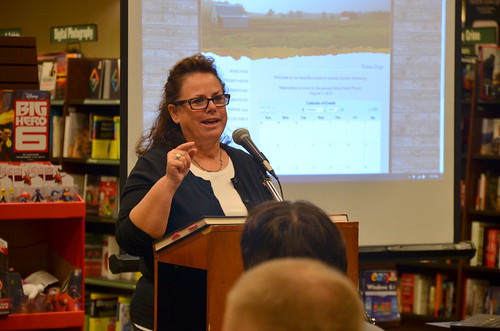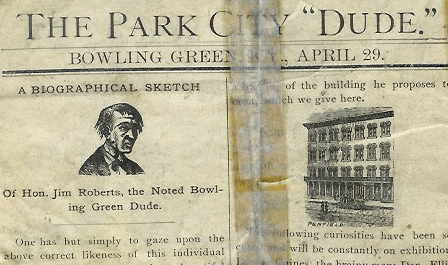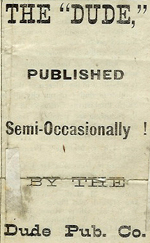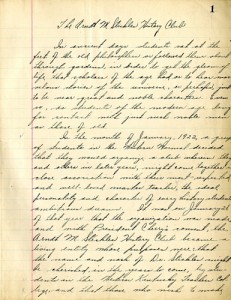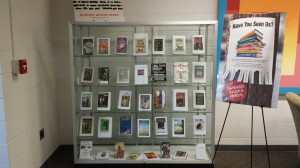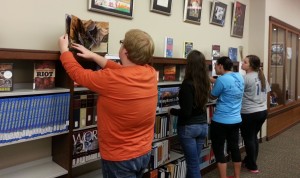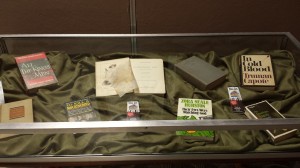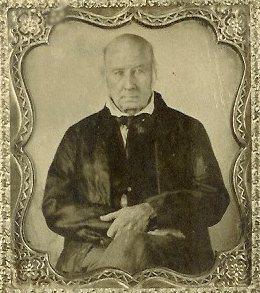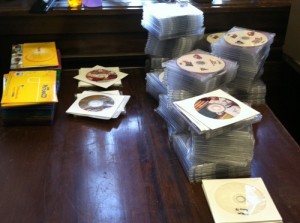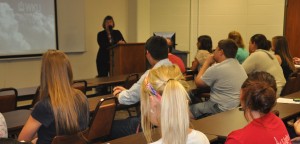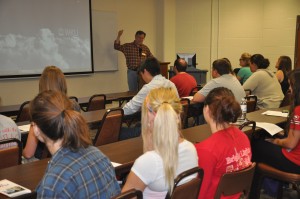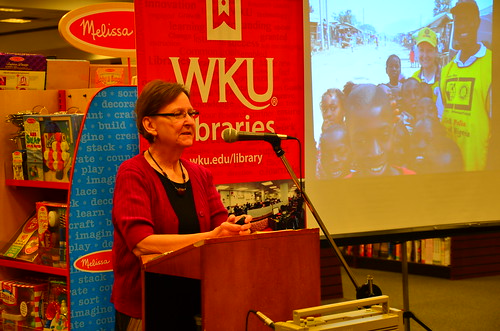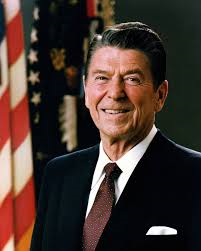 R.C.P. Thomas, scion of a prominent Bowling Green family and beloved member of the local bar, was appointed the District Judge of the Panama Canal Zone in June 1933 by President Franklin D. Roosevelt. As he prepared to leave the U.S., local poet and friend John A. Logan penned a poetic tribute for his departing friend.
R.C.P. Thomas, scion of a prominent Bowling Green family and beloved member of the local bar, was appointed the District Judge of the Panama Canal Zone in June 1933 by President Franklin D. Roosevelt. As he prepared to leave the U.S., local poet and friend John A. Logan penned a poetic tribute for his departing friend.
“The East is East and West is West/And ne’er the twain shall meet,”/Was prophesied, but Teddy the Great/Performed the wonderful feat.
One stroke of his club, two continents/Majestically sprang apart;/An East met West in a brotherhood/Ne’er dreamed by the great Bret Hart.
Down by the side of this great highway/Kentucky now sends her best,/To cheer the hearts of the sons of men/Where the East now meets the West.
He goes to live by the side of the road,/Where the ships of the earth go by,/Wherever he dwells, in his heart of gold,/There dwells both you and I.
As he sits by the side of this wonderful road/And looks on the tropic scene,/His heart will be with the folks at home/And beautiful Bowling Green.
His thoughts will be of our tiny lakes/And his heart in sweet accord,/With their gentle wave-lips whispering love/As they kiss the soft green sward.
He will dream of the warbled melody/Of Kentucky’s myriad birds,/And the redolence of home grown flowers/Beyond the power of words.
We send him away that the world may know/That hospitality/With justice and mercy go hand in hand/With Kentucky gallantry.
With an aurevoir, just for a day/We send our friend away./Let these flowers with their perfumed breath/Speak the words we cannot say.
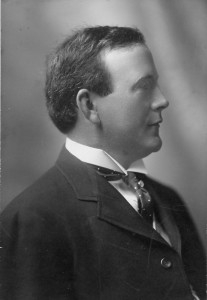 Thomas did an admirable job in Panama, but declined reappointment after his four-year term ended in 1937. He returned to Bowling Green, retired from his law practice, and spent time working with a herd of Jersey cows on his farm until he died in 1939. To research the worldwide contributions of Kentuckians, check out KenCat and TopSCHOLAR.
Thomas did an admirable job in Panama, but declined reappointment after his four-year term ended in 1937. He returned to Bowling Green, retired from his law practice, and spent time working with a herd of Jersey cows on his farm until he died in 1939. To research the worldwide contributions of Kentuckians, check out KenCat and TopSCHOLAR.

